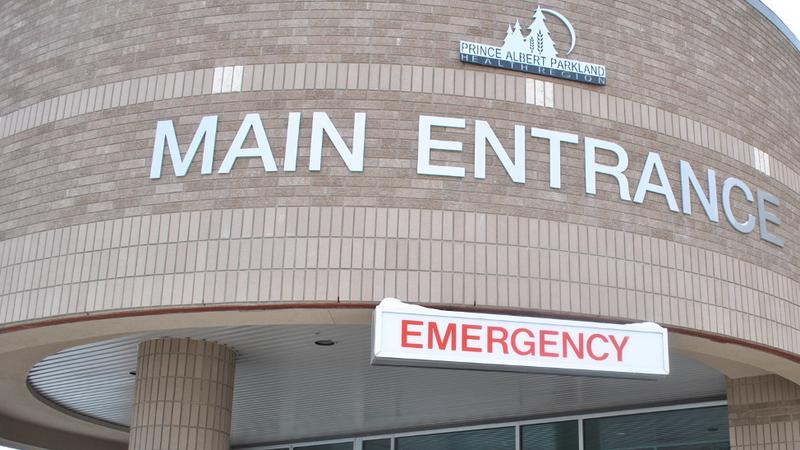
FSIN renews call for First Nations hospital, amidst complaints over elder treatment at Prince Albert hospital
The Federation of Sovereign Indigenous Nations (FSIN) Executive has issued a press release, claiming they have received a number of calls regarding the “poor and unprofessional treatment” of two elderly First Nations patients at the Prince Albert Victoria Hospital over the last number of days.
The statement goes on to explain how in one case an 88-year-old man was receiving treatment in isolation and doesn’t even speak English.
“Where are his supports?” FSIN Vice Chief David Pratt said. “We had another elderly woman’s family call to tell us that she was being mistreated by rude and unprofessional nurses. She doesn’t want to be named because she’s scared that they’ll treat her worse in retaliation.”
Pratt explained these elderly patients need the help of translators and patient support services to understand what is happening to them and to be informed of the type of care they are receiving. In turn, FSIN Chief Bobby Cameron is calling on the province to step in and help the families and do something about the complaints that come in regarding First Nations patients at the hospital.


